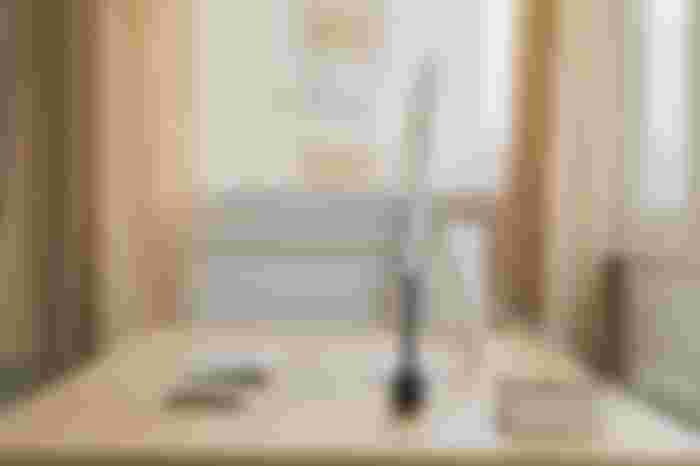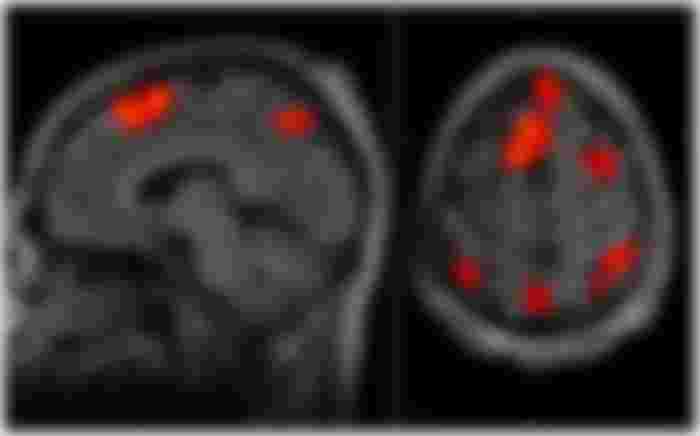More than half of this year has passed, yet the Corona epidemic has not left the world behind. This epidemic has already given and is giving us innumerable lessons about life, big and small. Our attitude towards life, or in a word, our life philosophy has changed a lot in this eventful and ongoing situation. Many of us feel for the first time familiar with some of the phrases spoken orally, such as ‘New Normal’, ‘Isolation’, ‘Quarantine’, ‘Work from Home’, ‘Lock Down’ and so on.

Almost everyone reacted to the idea of working from home - "That's good news, Mister!" Yes, there is no denying that research by a number of influential organizations has unequivocally proven some limitations in working in the office. However, the other side of the coin is slowly starting to appear this time. Working from home in many cases can create chaos in daily life, which can affect the quality of work. In other words, the epidemic that was initially thought to be a holiday holiday or the taste of liberation in a monotonous life, is now showing us a different form of it.
Tidy vs. random living
Kathleen Voss, a psychologist working at the University of Minnesota, and her colleagues conducted a study on the relationship between workplace discipline and efficiency. In order to conduct large-scale research, multiple related small experiments are performed consecutively. A group of employees was given a questionnaire. There were two divisions between them - one group filled out their question paper sitting at a neat, clean, tidy table and the other group filled out the question paper in the midst of a messy, dirty, discarded office environment.
They are then asked to donate any amount to a fund and have the opportunity to take either chocolate or apple as a snack. The first group volunteered more than the second group, and the first group members preferred apples to chocolates.

A different study in this series worked on the alternative use of ping pong balls. Although both teams were able to come up with an equal number of ideas, the ideas of the members working in a chaotic environment were much more creative and influential than the researchers. A tidy work environment encourages people to be polite and safe. Random environments, on the other hand, increase a person's creativity in order to get a taste of freedom.
An experiment was conducted at Princeton University on how the human brain responds to random environments and variations. The study was conducted in 2006 by Sabin Kastner, a professor of neuroscience and psychology. He scans the brain in certain situations using FMRI or functional magnetic resonance imaging. During each scan, participants were shown a picture of a street and asked to pay attention to a specific object (a car or a person). Every time the scans are seen, the frontal cortex, the center of the brain's thinking skills, emotions, attention, effective memory, etc., is greatly stimulated. From the results obtained, the researchers found that participants were more focused on paying attention than on processing a specific object. That is, whether in real life or in pictures, chaos negatively affects the human brain.

When we want to focus on a specific subject, our ability to concentrate depends on the environment around us. Once the chaos around you is removed, multiple issues cannot compete with each other. In a 2011 study, Kastner found that those who are always tidy at home or at work have a greater ability to concentrate on their work, can concentrate on a task for a longer period of time, and above all, their performance increases significantly. When unnecessary things can be seen, the pressure on our thinking ability is reduced and the amount of our working memory is reduced.
Work and confusion sitting at home
Hannah McLean, a neurologist and occupational medicine specialist working in Philadelphia, likened it to a 'war' to explain the experience of managing the family and work. He has come to realize very clearly that working at home in an epidemic is not a sweet experience in that sense. He is using neuroscience to solve this problem. If you want to work from home, you have to face a lot of distraction. In McLane's words,
It is very normal to have a thousand thoughts in your head while sitting at home to work, your mind will be busy with various thoughts from time to time and you will be trapped in the trap of thinking about other unnecessary things without paying attention to work. Maybe you see fish jumping from the aquarium on the floor of the house, which needs to be cleaned very quickly. Maybe you will be busy tidying up the dilapidated condition of your clothes. Doing all these little things will make you mentally unintentional and you will probably do things that you don't need to do.
If you can't stay away from all these confusions and concentrate on your core responsibilities, the workload will only increase day by day and it will not take long for the opposite to happen.
Ways to be disciplined
One hundred percent want to have one's own mental control to be deeply focused for a long time in a specific task. Adjust the working time before sitting down to work. By doing this you are mentally ready for work ahead of schedule. Shortly before you start work, adjust the overall work environment as much as possible so that you can be spiritually connected to the place.

This way you will not have any confusion in front of you and you will be able to give your full attention to your main work. If you find yourself lost in the midst of countless thoughts, write down any unnecessary thoughts as soon as you can, so that the thoughts do not get a chance to get tangled up. You can practice mindfulness. The key message of mindfulness is not to think about the past or the future, but to be busy with what is happening in the present moment. You can practice mindfulness through meditation, walking, yoga etc.
Thanks
If you like it Upvote Can give.



